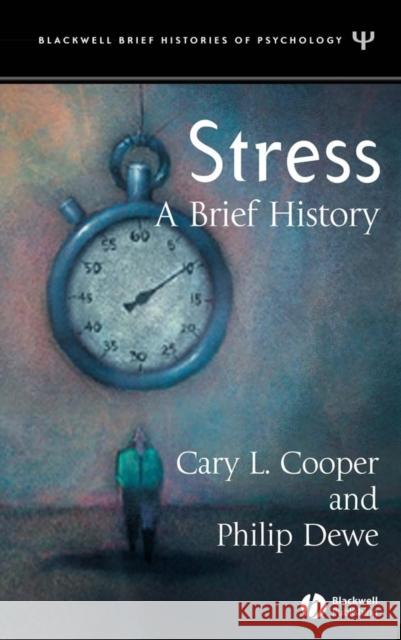Stress: A Brief History » książka
topmenu
Stress: A Brief History
ISBN-13: 9781405107440 / Angielski / Twarda / 2004 / 160 str.
Stress: A Brief History
ISBN-13: 9781405107440 / Angielski / Twarda / 2004 / 160 str.
cena 428,33
(netto: 407,93 VAT: 5%)
Najniższa cena z 30 dni: 423,95
(netto: 407,93 VAT: 5%)
Najniższa cena z 30 dni: 423,95
Termin realizacji zamówienia:
ok. 30 dni roboczych.
ok. 30 dni roboczych.
Darmowa dostawa!
Stress: A Brief History is a lively, accessible, and detailed examination of the origins of the field of stress research.
- First concise, accessible, academically grounded book on the origins of the concept of stress.
- Explores different theories and models of stress such as the psychosomatic approach, homeostasis, and general adaptation syndrome.
- Discusses the work and intriguing contributions of key researchers in the field such as Walter Cannon, Hans Selye, Harold Wolff, and Richard Lazarus.
- Explains the origins of key concepts in stress such as stressful life events, the coronary-prone personality, and appraisals and coping.
- Culminates in a discussion of what makes a good theory and what obligations stress researchers have to those whose working lives they study.











